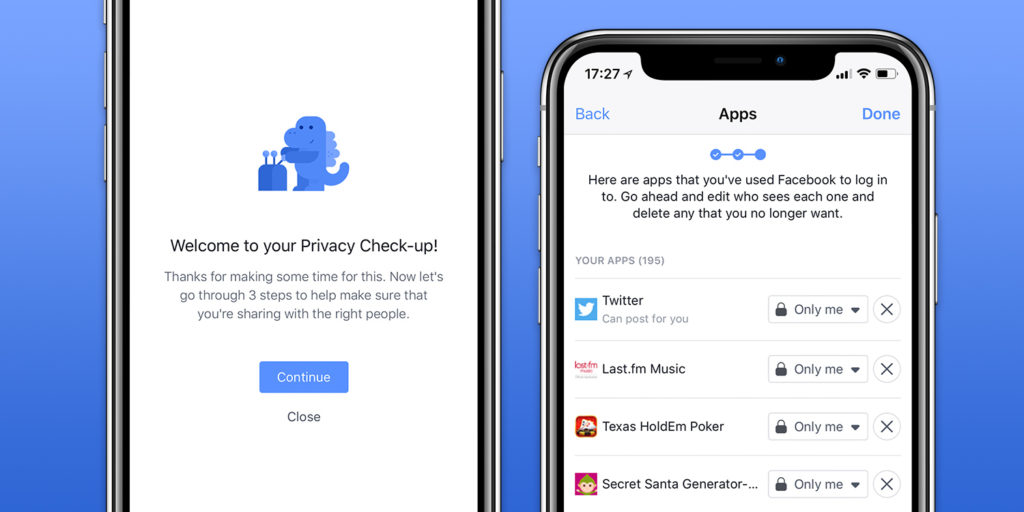Over the past week, we’ve learned more and more about the Cambridge Analytica data harvesting controversy. You know, the revelation that Facebook was complicit in allowing millions of users’ personal data to be sold to a modern-day propaganda machine. We’re not here to get into the nitty gritty – Engadget is a good place to learn the details – but what’s clear is that this is an eye-opening indication that we need to keep better track of our privacy settings online.
So, in the wake of the scandal, we’re revisiting some of our old privacy articles that are more relevant now than ever.
How much does Facebook know about you?
Earlier this month, just a week before the big news broke, we wrote about the “creepy” amount of data Facebook has stored on its users and how you can access the full data archive for yourself. If you missed the article, now’s a good time to give it a look. It’s a bit scary to see first-hand how much it knows, but if you have access to a desktop computer we’d recommend downloading your personal archive for yourself. That way, even if you decide to delete Facebook you’ll still be able to see all those embarrassing statuses you wrote ten years ago.
How does Facebook target its ads?
Here’s a snippet from a piece we wrote in 2016 about targeted adverts: “Facebook uses a network of website tracking techniques and old-school data harvesting from third parties to learn things like your income, your political leanings, where you work, whether or not you own a home, if you like gaming, if you’re planning to buy a car, if you’re an early adopter of tech, what kind of clothes you buy, and more.” Pretty creepy.
It’s particularly interesting to compare this to Apple’s privacy strategy. Whereas Facebook primarily makes its money through advertising, Apple’s business model runs almost exclusively on hardware sales. Which means it’s just not interested in your personal data – in fact, Apple’s dedication to privacy and security is an invisible but hugely significant “feature” of iPhones and iPads, and gives it a real edge over Android devices. (Android software is made by Google, another company built around selling ads and collecting data.)
What can you do about it?
You could delete Facebook as an act of protest, but perhaps a better option would be to pay more attention to the amount of control you cede to unknown companies. Take a good look through Facebook’s privacy settings and limit the information you make public. Now is also a good time to reconsider any apps that you’ve granted one-tap login permission to, and delete those you no longer trust. Though these apps can’t post to your timeline, they can easily access all your public information – it was a third-party quiz app with a similar level of access that harvested the user data eventually bought up by Cambridge Analytica.
Finally, if you’re looking for more general digital security advice, why not refresh your memory by reading our eight-step guide to keeping your personal and private information secure?
